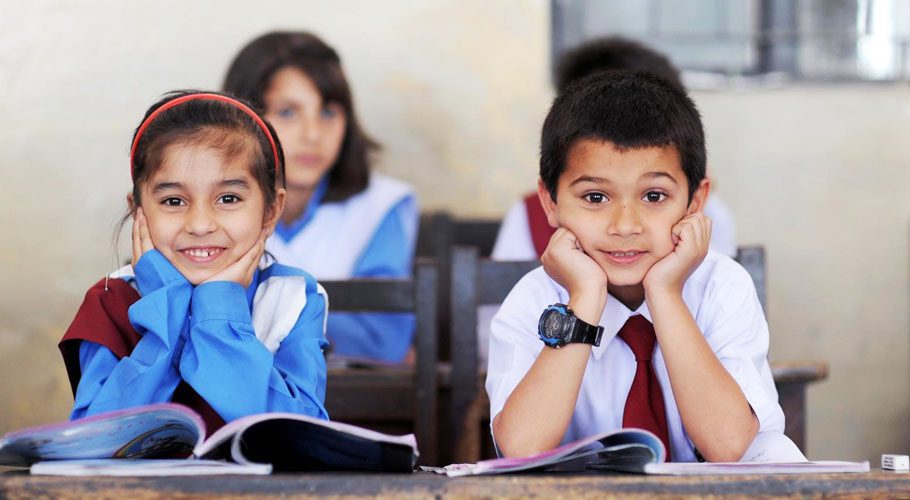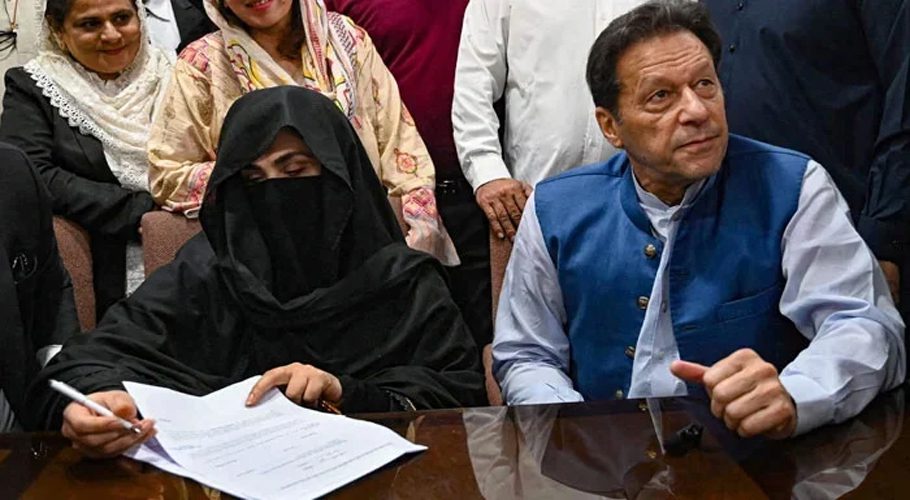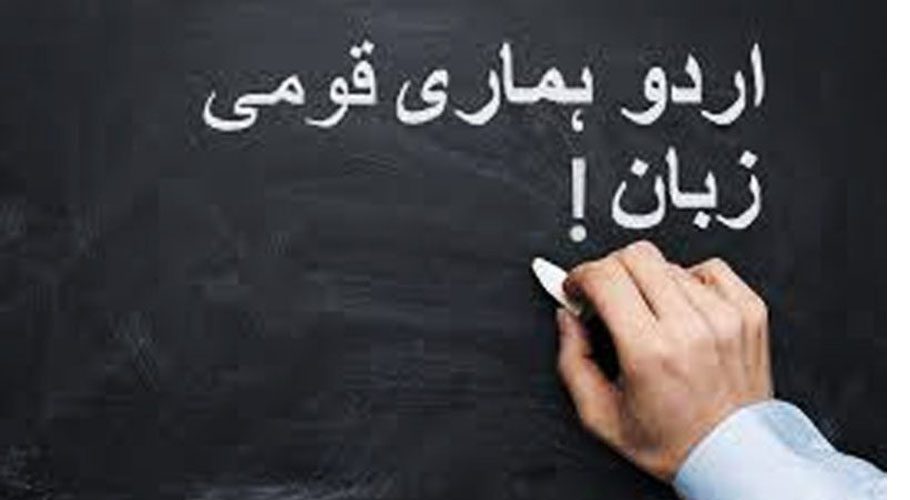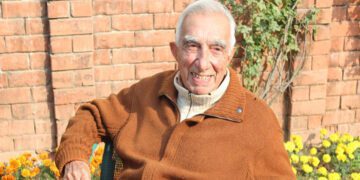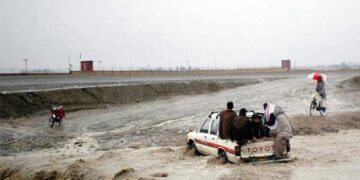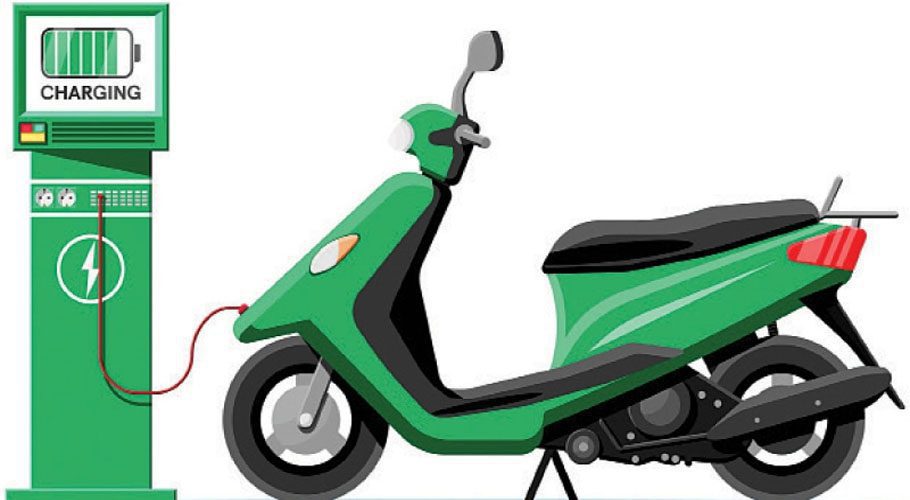![]() Follow Us on Google News
Follow Us on Google News
Prime Minister Imran Khan recently launched the first phase of the Single National Curriculum. According to the prime minister, it was his vision to bring a uniform syllabus and end the class-based education system in the country. The motive of a Single National Curriculum is ‘one system of Education for all’.
What is Single National Curriculum?
It is a unique idea for students of primary grades with the affirmation to make the country a unified nation. Through this, the students of public and private educational institutions and the religious seminaries will not be studying different syllabus anymore.
This was part of Prime Minister Imran Khan’s policy proposed in 2018. A Single National Curriculum (SNC) would establish a uniform system in terms of curriculum, medium of instruction, and a common platform of assessment so that all children have a fair and equal opportunity to receive a high-quality education.
Phases of SNC
The first phase of the SNC was launched in March 2021 and covers primary school students. The second and third phases covering classes 6 to 12 will be rolled out by 2023.
Which parts of the country have implemented?
The curriculum had already been implemented in Khyber-Pakhtunkhwa, Punjab, Balochistan, Azad Jammu, and Kashmir, and Gilgit-Baltistan, whereas it was not yet implemented in Sindh. The new curriculum would be implemented in all public, private schools and Madaris at once.
Can SNC actually be implemented in Pakistan?
Since PM’s proposal of implementing the SNC, the proposal has come under significant criticism for its focus on religious topics as it can impact on state’s autonomy and its efficacy in improving educational standards.
According to the Pakistani Education Ministry, the SNC is driven by certain fundamental considerations, notably the teachings of the Qur’an, the Pakistani constitution, and the vision of Pakistan founder Muhammad Ali Jinnah.
Moreover, parts of the SNC violate Article 22 of the Pakistani Constitution which allows for freedom of religion at educational institutions. They claim that by forcing students to study teachings from the Qur’an, the curriculum discriminates against non-Muslim students and subsequently violates their constitutional rights.
Lahore-based public policy expert, Peter Jacobs claim such an initiative can alienate non-Muslim students, with one, in particular, posing the question: “Do you know that Allah is our creator?” So what about non-Muslim students? Will they be exempted from studying material based on religions other than their own?
Seminary and SNC
The SNC will be the integration of seminary or madrassas or any religious institutions into a unified educational system which is a concerning situation as there are currently 25,000 madrassas and 250,000 ordinary schools in Pakistan meaning that roughly 1 in 10 children in the country relies on a madrassa for their educational needs.
Madrassas are often criticised for producing poor educational outcomes but these institutes are often the only option for poor students as such schools provide free education and often food and shelter to the needy.
Supporting PM Khan’s SNC
This can be only determined in the future that should it be supported or not or will the student gain from it or not. Let’s see in the upcoming possibility what impact the SNC has on students and the future of Pakistan.

